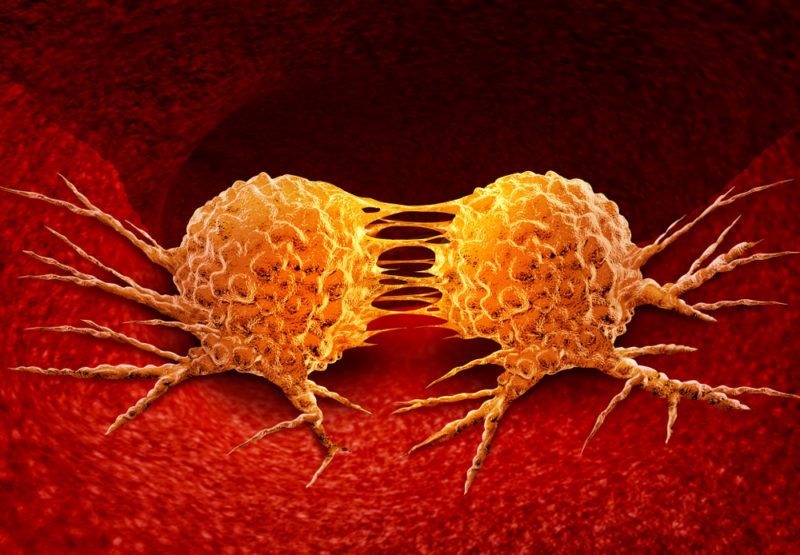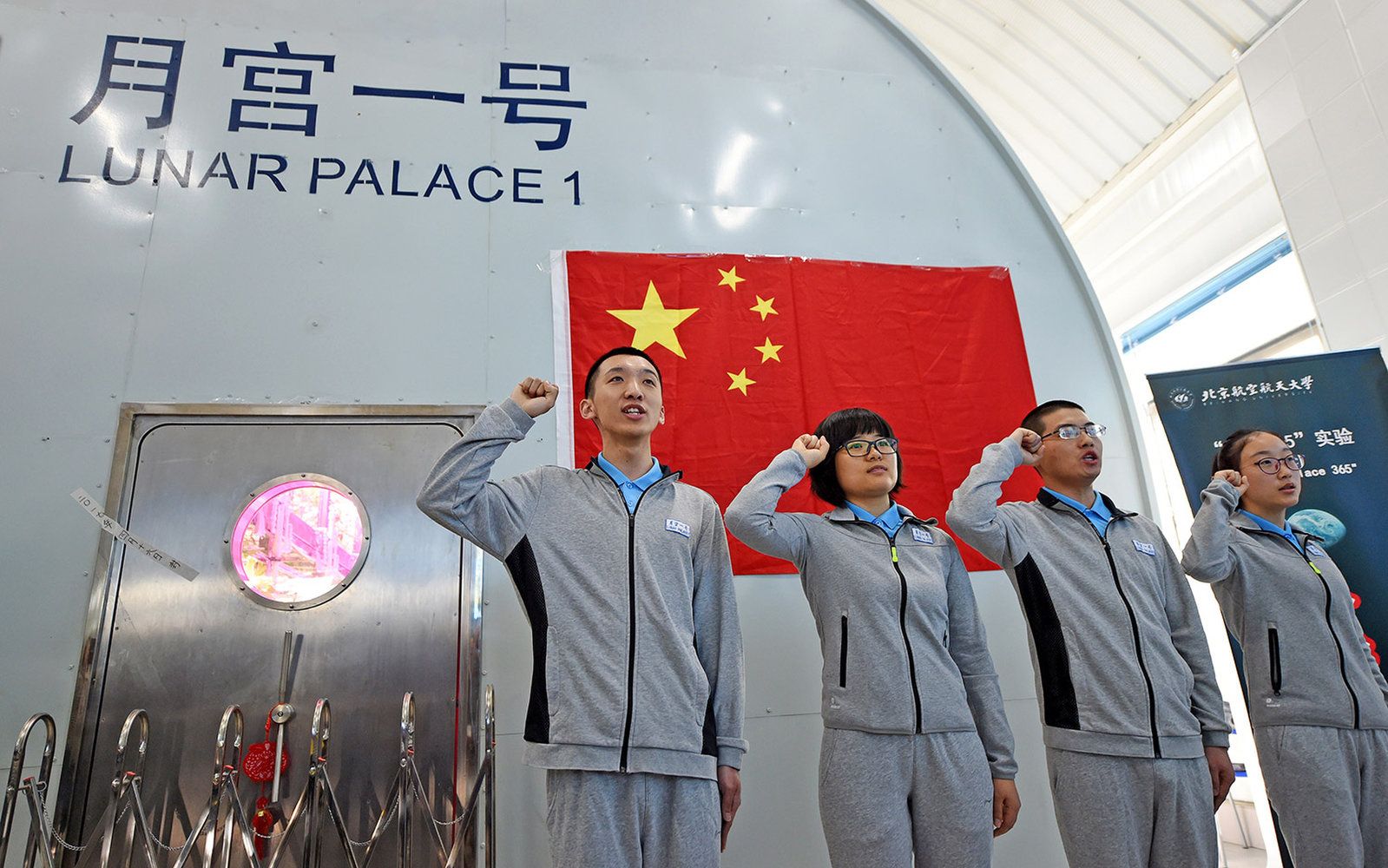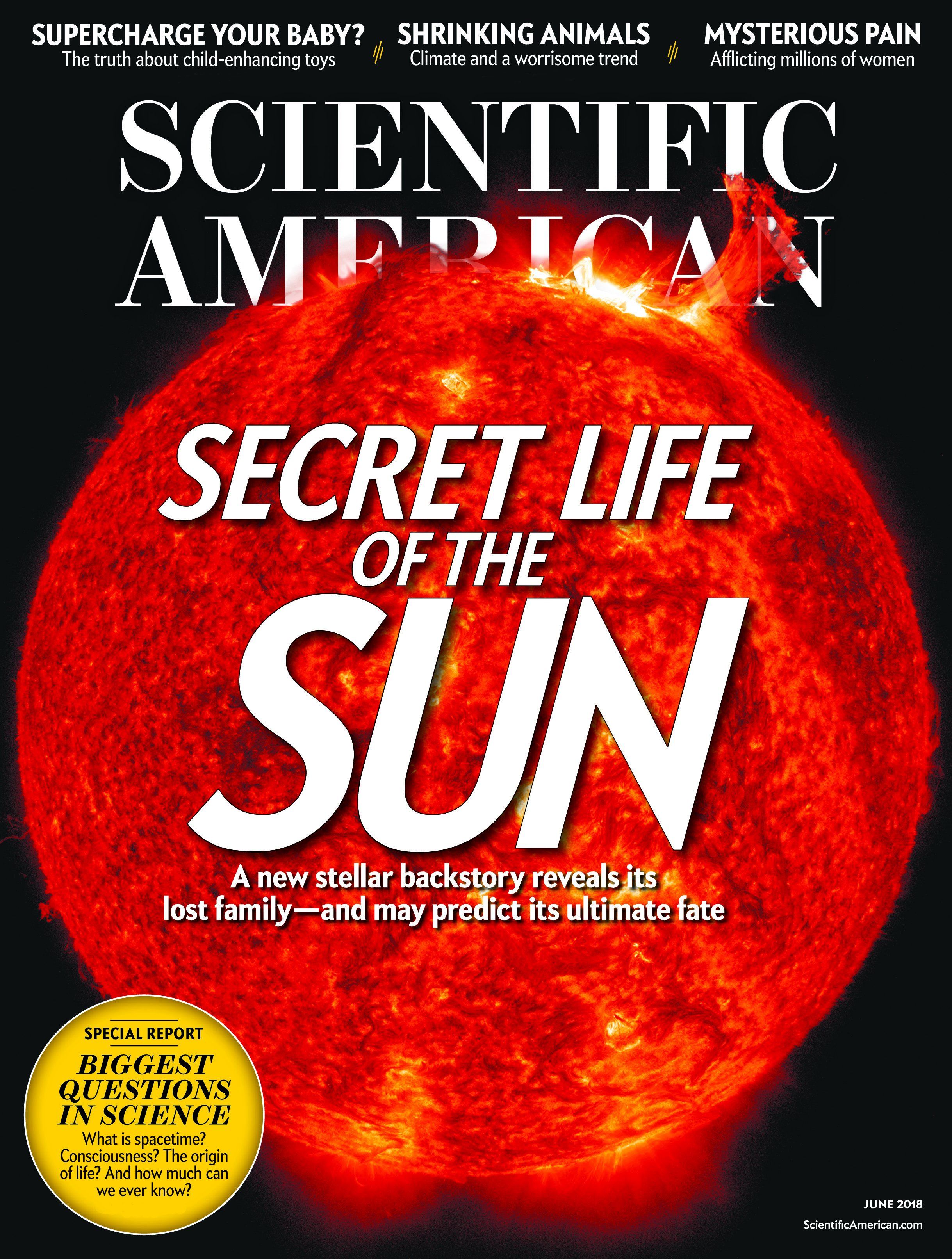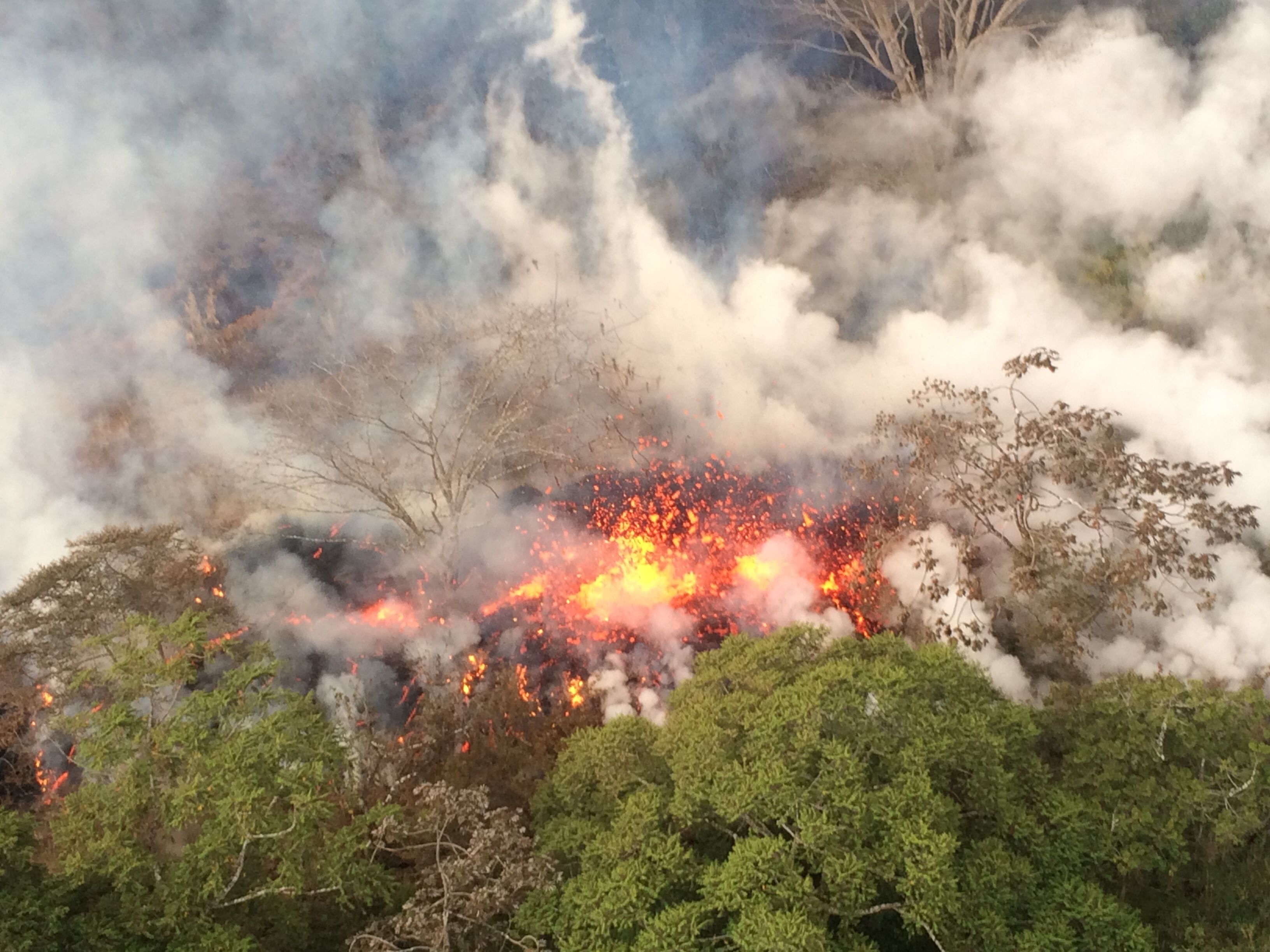
In the air, beneath the ocean’s surface, and on land, microbes are the minute but mighty forces regulating much of the planet’s biogeochemical cycles. To better understand their roles, scientists work to identify these microbes and to determine their individual contributions. While advances in sequencing technologies have enabled researchers to access the genomes of thousands of microbes and make them publicly available, no similar shift has occurred with the task of assigning functions to the genes uncovered.
To help overcome this bottleneck, scientists at Lawrence Berkeley National Laboratory (Berkeley Lab), including researchers at the U.S. Department of Energy (DOE) Joint Genome Institute (JGI), have developed a workflow that enables large-scale, genome-wide assays of gene importance across many conditions. The study, “Mutant Phenotypes for Thousands of Bacterial Genes of Unknown Function,” has been published in the journal Nature and is by far the largest functional genomics study of bacteria ever published.
“This is the first really large, systematic experimental effort to try to assign functions to bacterial genes of unknown function,” said study senior author and biologist Adam Deutschbauer of Berkeley Lab’s Biosciences Area. “We are tackling the problem that biology is up against and recognizes: It is super easy to sequence, but we cannot currently assign confident functions for the majority of genes identified by sequencing. Our experimental data provides an anchor that other researchers could use to make a more informed inference about protein function.”
Continue reading “Exploration of diverse bacteria signals big advance for gene function prediction” »
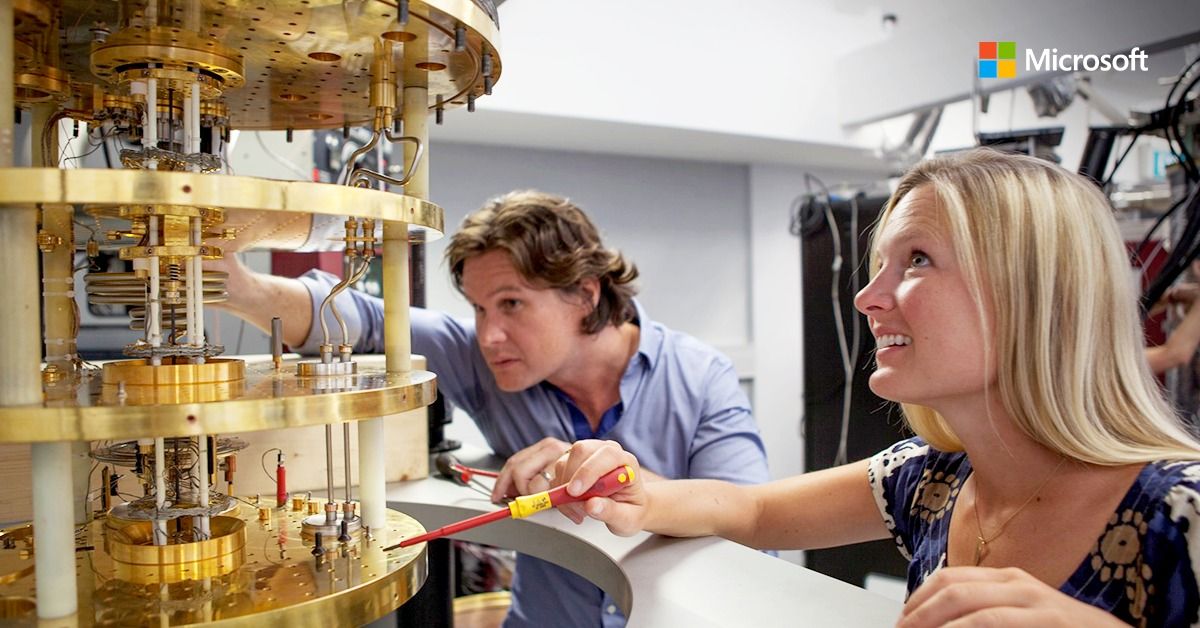

 He talks of a species propelling itself toward “desirable goals” by cataloging, data mining, and analyzing the past behavior of peers and ancestors—and then using that data to improve the experience of each user’s future and perhaps even their future generations. But, is he referring to shared goals across cultures, sexes and incomes? Who controls the algorithms and the goal filters?! Is Google the judge, arbiter and God?
He talks of a species propelling itself toward “desirable goals” by cataloging, data mining, and analyzing the past behavior of peers and ancestors—and then using that data to improve the experience of each user’s future and perhaps even their future generations. But, is he referring to shared goals across cultures, sexes and incomes? Who controls the algorithms and the goal filters?! Is Google the judge, arbiter and God?